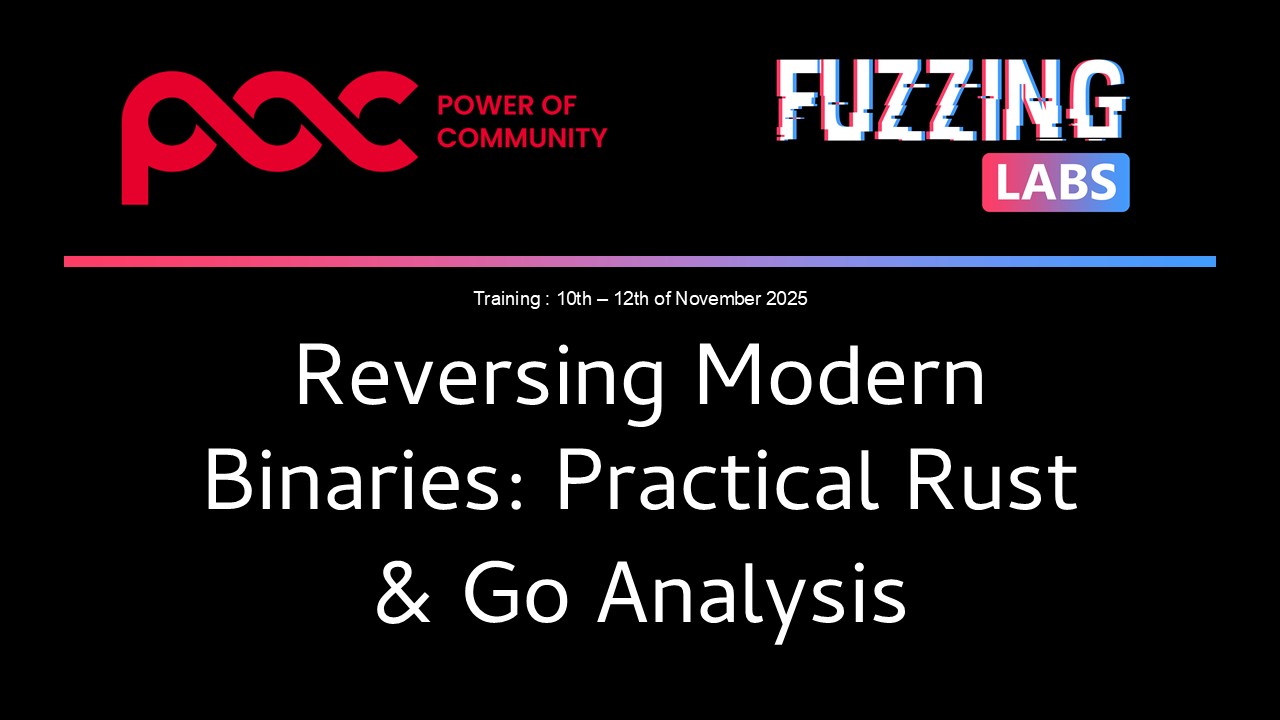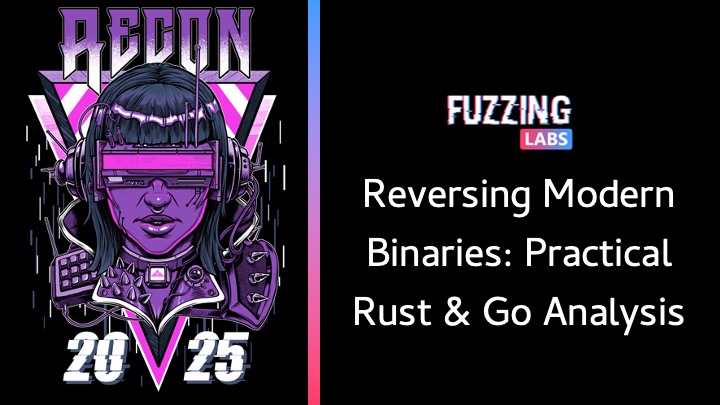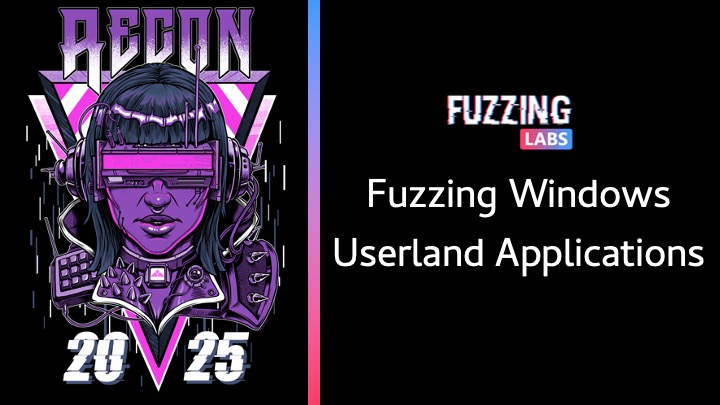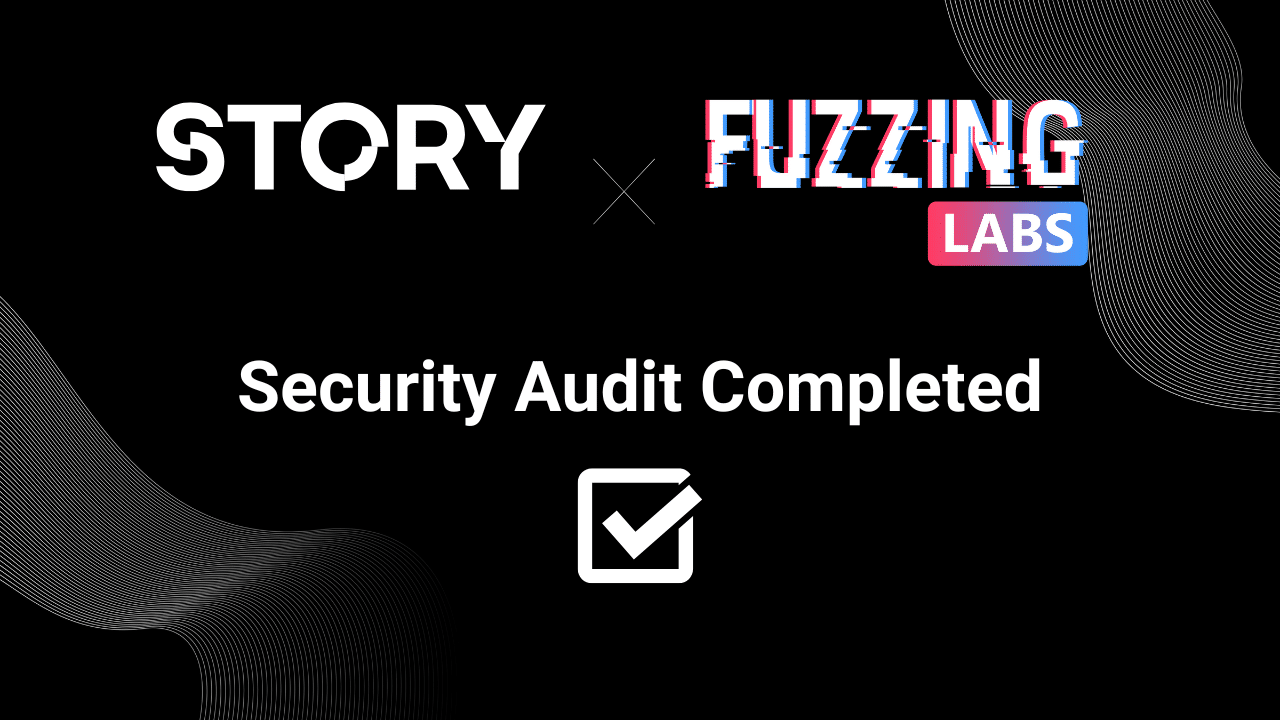Go Security Audit & Fuzzing
Master Go Security and Fuzzing with Confidence
This practical training dives into advanced Go security auditing and fuzz testing, teaching you to uncover vulnerabilities, debug crashes, and enhance application resilience. Gain hands-on experience with tools like go-fuzz and master the techniques needed to address real-world security challenges.
⏳ 16 hours | 🧑🎓 100+ students | 🔄 Last updated: 27/01/2025












